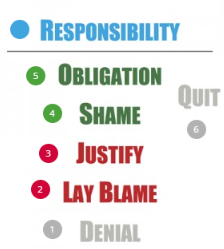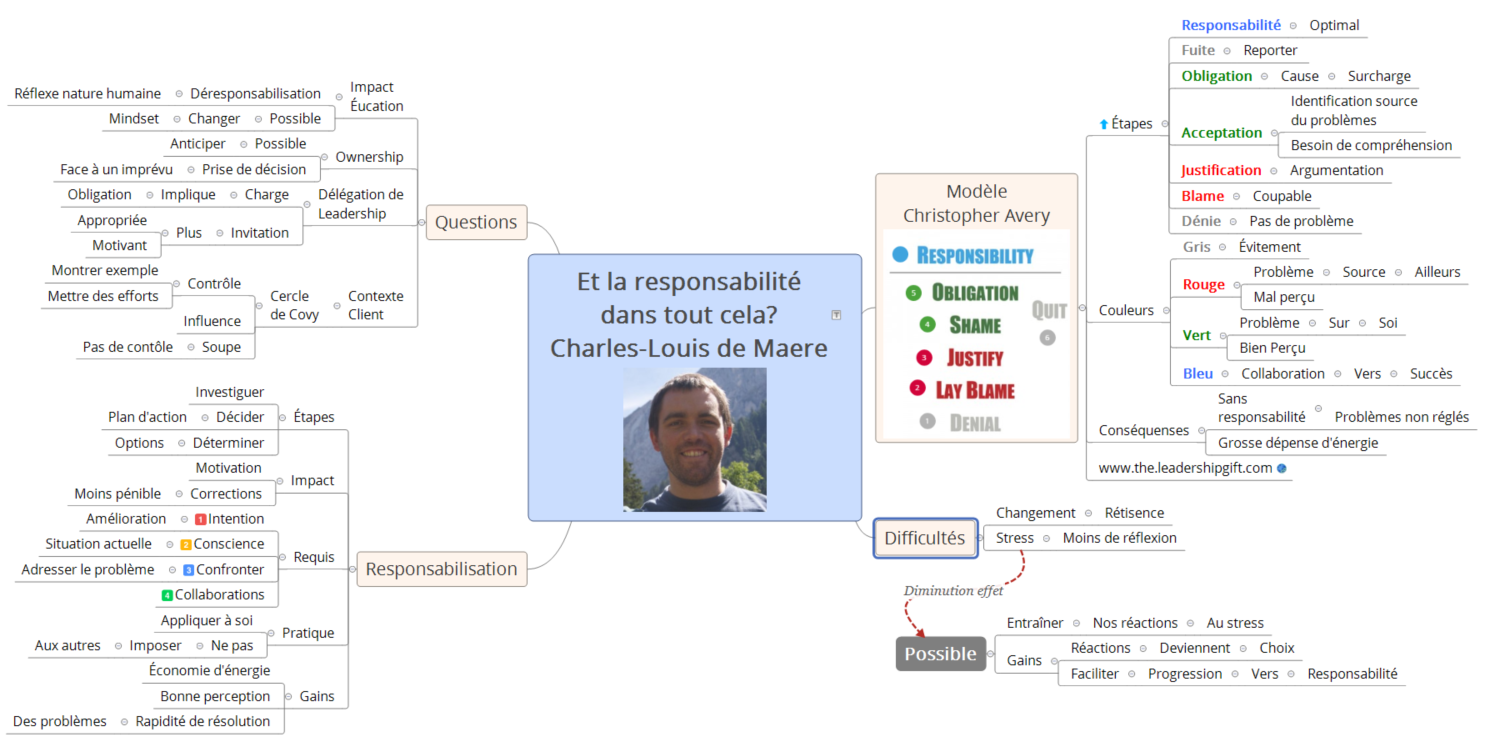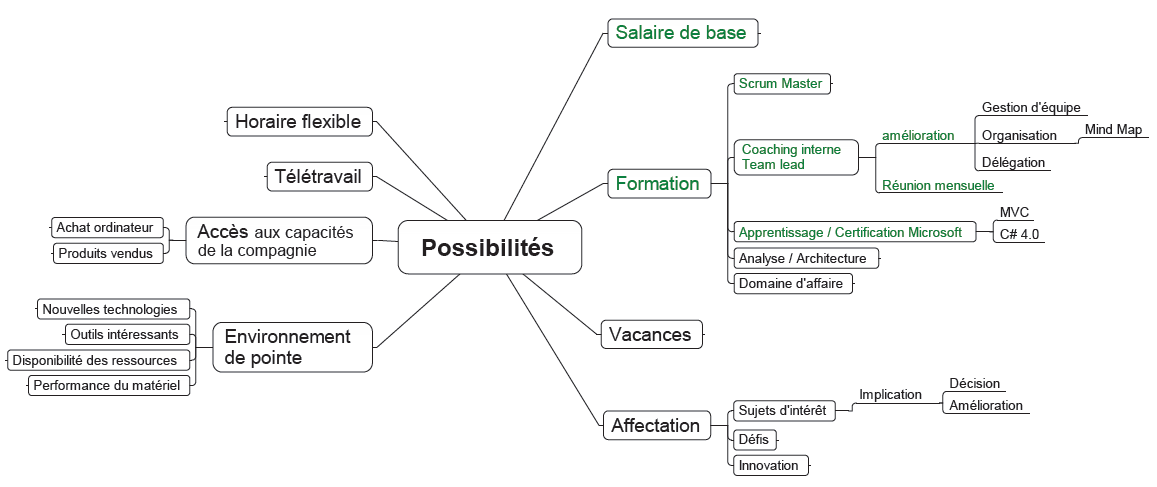Application Web : Empowered Game
Gemmes 3D à télécharger sur un PC, l’ouvrir, activer toutes les fonctions et accepter la modélisation 3D et l’animation afin de pouvoir visualiser la modélisation 3D du pendentif du Lapis Lazuli
Gemmes réelles :


Application Web : Empowered Game
Gemmes 3D à télécharger sur un PC, l’ouvrir, activer toutes les fonctions et accepter la modélisation 3D et l’animation afin de pouvoir visualiser la modélisation 3D du pendentif du Lapis Lazuli
Gemmes réelles :

Je vous invite à aller consulter ma publication originale sur PeakD :
PeakD est un nouveau réseau social de l’écosystème de la nouvelle BlockChain HIVE ayant récemment fait un fork de STEEM. #HiveIsAlive
À qui est destiné cette publication?
Je vous encourage à prendre 6 minutes de votre temps pour lire ma publication sur cette magnifique plateforme qu’est Steemit.
 Vendredi passé, j’ai eu la chance de participer à l’Agile Tour Lausanne 2016. Une des conférences que j’ai particulièrement apprécié est celle de Charles-Louis de Maere, Agile coach chez Pyxis en Belgique. Elle couvrait principalement le modèle de Christopher Avery sur la responsabilité ainsi que son implication au sein de nos équipes de travail.
Vendredi passé, j’ai eu la chance de participer à l’Agile Tour Lausanne 2016. Une des conférences que j’ai particulièrement apprécié est celle de Charles-Louis de Maere, Agile coach chez Pyxis en Belgique. Elle couvrait principalement le modèle de Christopher Avery sur la responsabilité ainsi que son implication au sein de nos équipes de travail.
Ce qui m’a le plus frappé dans ce modèle, c’est à quel point on peut facilement le transposer à différentes situations de notre vie professionnelle et personnelle. Il devient alors évident que nos blocages n’ont pas aidé à résoudre le problème ou à atteindre notre objectif et qu’une évolution vers les étapes suivantes aurait été préférable.
Le stress et la résistance au changement nuisent également à cette évolution, mais il est possible de s’entraîner afin de choisir des réactions plus adéquates.

Selon moi, être responsable implique d’assumer la réalisation d’un objectif ou la résolution d’un problème en étant motivé tout en sachant prendre des décisions lorsque nécessaire. Pour bien réussir dans cette voie, il est préférable de:
Analyser la situation, décider d’un plan d’action et déterminer les différentes options possibles sont également des étapes qui peuvent faciliter nos actions responsables. Aussi, il vaut mieux montrer l’exemple et être responsable que de l’exiger de nos collègues.
Renier un problème, blâmer quelqu’un, se justifier, prendre les reproches sur soi, s’obliger à tolérer une situation ou ignorer un problème peuvent souvent demander plus d’énergie qu’une résolution efficace d’un problème. De plus, c’est beaucoup moins pénible pour le moral et on se sent beaucoup plus facilement motivé.
Un problème sera plus rapidement et efficacement résolu lorsque les personnes travaillant dessus sont responsables et focalisent leur effort.
Quelqu’un de responsable est habituellement mieux perçu par ses collègues et pourra propager sa motivation au reste de l’équipe de travail.
Ma conjointe et moi venons de débuter un voyage de 3 mois au tour du monde. Nous avons préparé ce voyage depuis un bon moment et voici les raisons qui nous ont poussées à le faire.
En premier lieu, cela nous permet de découvrir d’autres façons de vivre et d’aborder la vie. En voyage, nous sommes en contact avec des cultures et des personnes ayant beaucoup à nous apprendre et on observe une autre facette des relations humaines. Grâce au voyage nous apprenons également à mieux nous connaître nous même et à remettre en question ce qui est vraiment important pour nous. On grandit forcément à travers cette aventure et on acquiert une meilleure confiance en soi. Le voyage développe aussi une plus grande facilité à accepter le changement et à collaborer avec les autres.
Dans la société actuelle, nous ne prenons plus assez régulièrement du temps pour nous même. Être constamment sous le stress du travail, de la productivité et de l’efficacité met notre santé à dur épreuve. Prendre le temps de respirer et de savourer les moments simples est plus facile quand on est déconnecté de la routine.
Parfois pour mieux résoudre un problème, il faut s’ en éloigner et ne plus y penser. Le subconscient est un outil merveilleux, il continue à chercher une solution pour vous même quand vous n’y penser plus. De plus, il sera plus efficace si votre esprit est libéré de son stress et qu’il n’est plus enfermé dans les paradigmes de votre conscience. Le voyage permet de développer cette ouverture d’esprit et la capacité de lâcher prise nécessaire à l’innovation.
Voici, le résultat d’un travail que j’ai fait il y a un certain temps et que je crois est d’actualité dans cette période d’évaluation salariale et de préparation d’objectifs de performance ou de changement d’emploi.
Important:
Processus de négociation salarial:
Possibilités de négociation:

Présentation détaillée:
Ouvrez le PDF Negotiation_Salariale et prenez le temps de bien lire et comprendre chacune des pages et leur utilité. Essayer de l’appliquer à vous même.
Le fichier joint contient la présentation que j’ai réaliser lors de mon évaluation.
Il a été réalisé avec MindJet, aujoud’hui, j’utilise xMind qui est gratuit et convient parfaitement à mes besoins.
Remerciements:
En espérant que cela puisse vous aider.
In a domain where many keep their kid heart, what can we say about the industry maturity? Even if software development is a young discipline, we have seen a lot of practice changes and improvements in the last 10 years. One of the big steps in my opinion is that we now acknowledged that change is part of our daily job. It has made the industry search for better managing and processing ways. Other discipline paradigms have been observed, duplicated and adapted to our context. That has made our body of knowledge growth and new ways of doing things emerge.
I personally think that we are a people business, our industry require motivated people willing to work as a team to get results. That’s the reason why it’s more and more important to consider the human aspects more than the technical aspects. It’s also a society tendency: people desire more human jobs. Team that will succeed will be those who understand that fact and act in this way by caring about employee, team synergy and ensuring it’s an applied value by everyone.
What I liked about that conference is that it presented a good summary of the hole DevTeach event, by presenting a little of every main concerns and ideas raised in the other conferences. You can follow Mario on his talk show (French).
In your opinion, what are the other emerging concerns and ideas in software engineering?
Who doesn’t have a cellphone? I’m sure there aren’t many hands standing in the air. More and more devices of many kinds are now in the hands of the population. Many new ways to interact with our daily activities through technologies emerge. The question is no more should I do something, it is what can I do to follow this tendency?
We have to understand first what this new market is. For many company it’s a big paradigm shift since web sites developed in the past weren’t made to support the current reality. We have to change our way of thinking and addressing the problem. As Erik Renault mention in his conference at DevTeach, we have to think about the context before designing an application since capabilities, purpose and user experience won’t be the same in all cases.
For example in the context of a trip, with your cellphone you may want to find the closest restaurant or take pictures and tag them with the location where they were taken, while with your tablet you may want to read about the history of the city you’re visiting or write notes about your trip. Afterwards, with your desktop you may want to review your trip and present a diorama of the pictures taken with notes associated on your TV.
Here’s my note’s summary of Erik Renault presentation at DevTeach:
Employee retention and motivation is one of the biggest challenges of the industry at the moment. I have worked in the recognition industry for 2 years and got my CRP certification. Recognition is one of my passions and I strongly believe that this is the way to achieve innovative projects in a successful way with the current generation’s mentality. More and more people start their own company or go free lance because their employers weren’t able to give them what they need.
I consider that there are 3 pillars to be happy in your job:
Today, we no more heard “Your boss hires you” but “You hire your boss”. Good managers need to recognize properly their employees. A work needs to be a winning situation for everyone in the equation and today’s generation strive for a more human way of working which is why we see more and more company willing to accommodate employees. Working from home, flexible schedules and milestone celebration become more and more common in many industries.
As we do with many things in live when we want to succeed, we need a plan. Here my summary of what are the main elements of a good recognition strategy. This is influenced by the CRP certification I did in April 2011 given by the RPI.
Questions:
I recently went to dev teach Montréal 2011 and read a lot about agility and what came out recently as more and more emergent is discussions regarding Scrum VS Kanban and other software engineering best practices and toolboxes. Scrum is being seen as a revolution that is not always suitable in all context (strong hierarchy company, maintenance project, …) while Kanban is seen as a continuous flow methodology seen more as an evolutionary approach more easy to implement and best suited for maintenance. We also see emerge combinations of both methods.
Here’s a mind map of the notes I took at Joel Semeniuk’s conference at devteach Montréal 2011. He his a Microsoft Regional President, MVP, CSM and CSP.